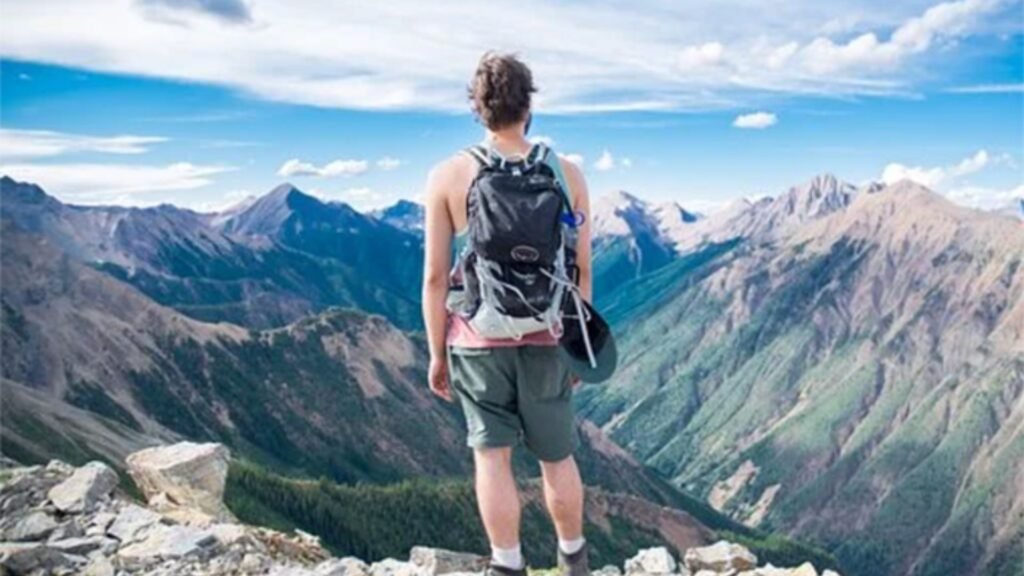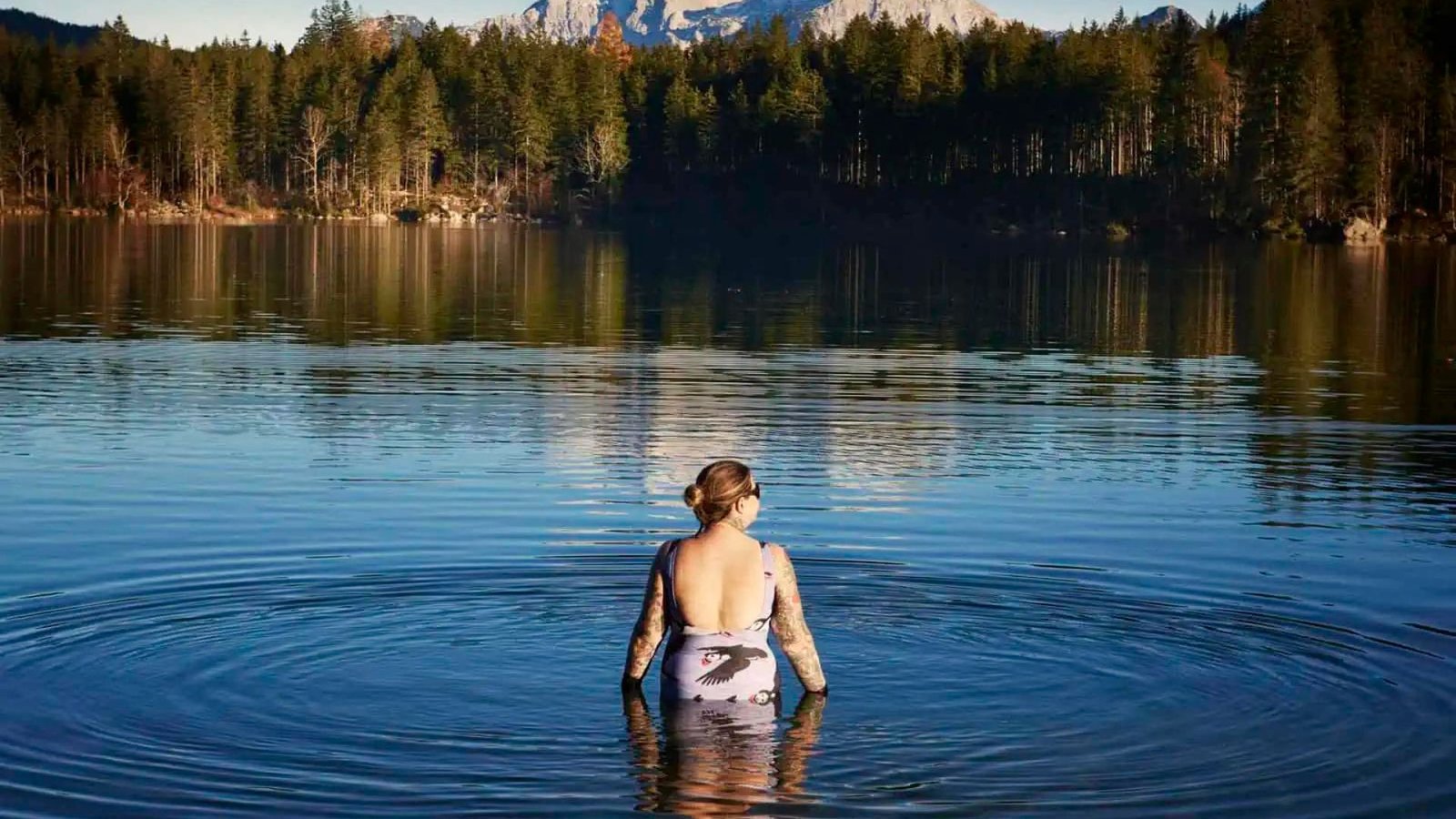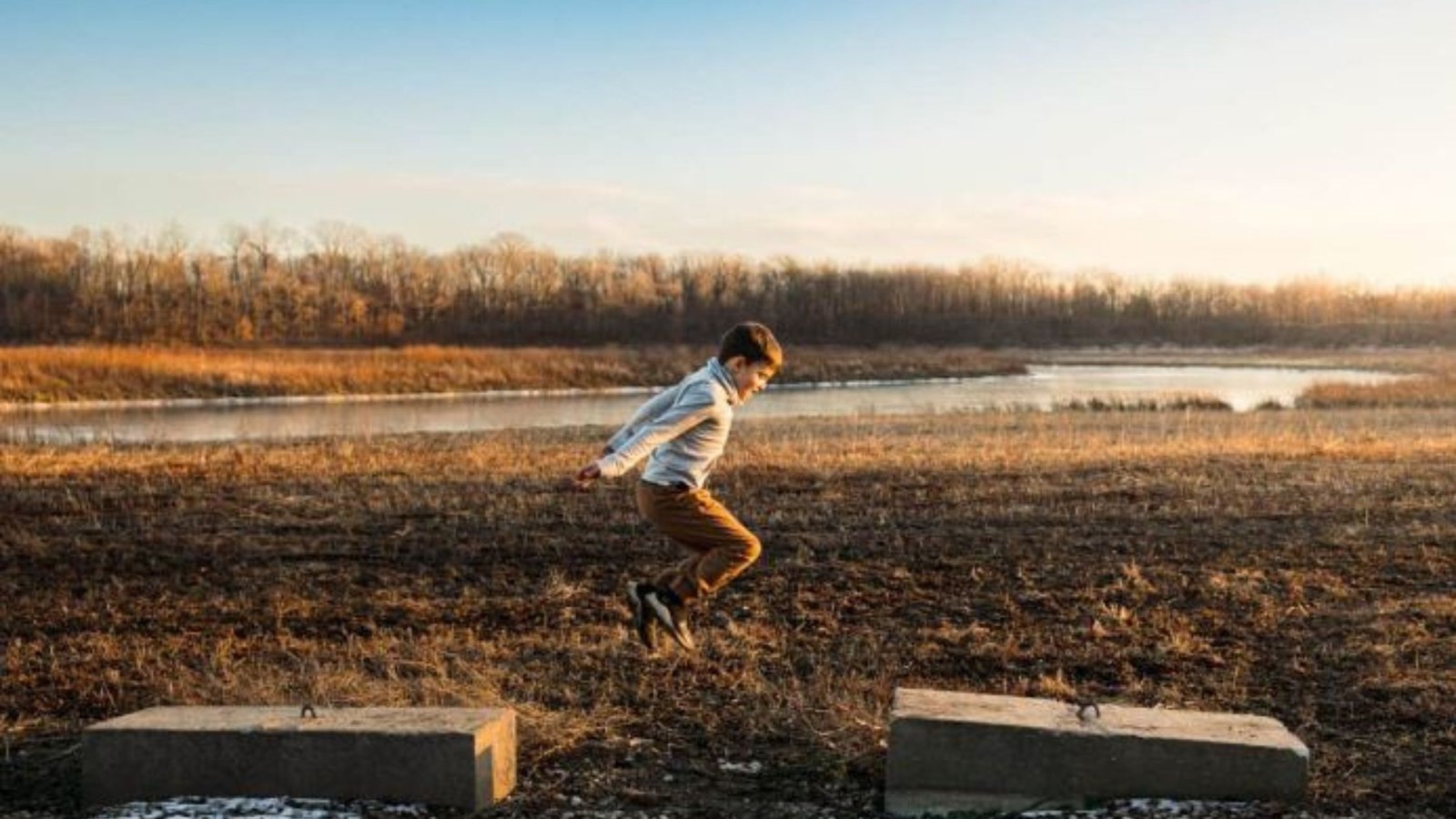Planning an outdoor adventure for beginners requires careful consideration of activities, safety measures, and gear preparation to ensure a positive experience. Here’s how to plan a successful outdoor adventure:

1. Choose Beginner-Friendly Activities
Hiking and Nature Walks
- Select Easy Trails: Choose well-marked, beginner-friendly trails with gentle terrain and manageable distances.
- Local Parks: Explore local parks or nature reserves that offer scenic paths and educational signage.
Camping Basics
- Car Camping: Opt for campgrounds with drive-up sites and facilities like restrooms and picnic tables for convenience.
- Campfire Experience: Plan a campfire with s’mores for a classic outdoor evening activity.
Guided Tours and Classes
- Outdoor Workshops: Attend guided workshops or classes that introduce basic outdoor skills like navigation, camp cooking, or wildlife identification.
- Local Outfitters: Seek guided tours or rental services from local outfitters who provide equipment and expertise for beginner-friendly adventures.
2. Prepare Essential Gear and Equipment
Clothing Layers
- Weather-Appropriate Clothing: Pack layers suitable for the forecast, including moisture-wicking base layers, insulating mid-layers, and waterproof outer shells.
- Footwear: Choose sturdy, comfortable hiking boots or shoes with good traction for trail stability.
Camping Gear
- Tents and Sleeping Gear: Rent or borrow spacious tents, sleeping bags rated for the expected temperatures, and sleeping pads for insulation and comfort.
- Cooking Equipment: Bring a portable stove or grill, cookware, utensils, and ingredients for easy campfire meals.
Navigation and Safety Tools
- Maps and Compass: Obtain trail maps and a compass for navigation, especially on unfamiliar trails.
- First Aid Kit: Pack a comprehensive first aid kit with essentials like bandages, antiseptic wipes, and medications for common outdoor ailments.
3. Plan for Safety and Comfort
Research and Preparation
- Weather Forecast: Check the weather forecast and plan accordingly to anticipate changes in weather conditions.
- Emergency Plan: Develop an emergency plan, including designated meeting points and emergency contacts, and share it with all participants.
Group Size and Supervision
- Small Groups: Keep groups small for easier management and personalized attention, especially with beginners.
- Supervision: Assign experienced leaders or guides to oversee the adventure and provide guidance throughout the trip.
4. Educate and Orient Participants
Pre-Trip Briefing
- Orientation Session: Conduct a pre-trip briefing to discuss the itinerary, safety guidelines, and expectations for the adventure.
- Skills Demonstration: Demonstrate basic outdoor skills like setting up tents, using camping stoves, and proper trail etiquette.
Outdoor Ethics
- Leave No Trace Principles: Educate participants on Leave No Trace principles to minimize environmental impact and respect wildlife habitats.
- Environmental Awareness: Discuss the importance of conservation and responsible outdoor recreation practices.
5. Foster Enjoyment and Exploration
Pace and Rest Breaks
- Manageable Pace: Encourage a relaxed pace with frequent breaks to rest, hydrate, and enjoy the surroundings.
- Scenic Stops: Plan stops at viewpoints, waterfalls, or natural attractions to appreciate the beauty of the outdoors.
Engaging Activities
- Nature Observation: Identify local flora and fauna, encouraging curiosity and appreciation for natural diversity.
- Photography: Encourage participants to capture memorable moments and scenic landscapes with cameras or smartphones.
6. Evaluate and Reflect
Post-Trip Discussion
- Debriefing Session: Hold a post-trip discussion to reflect on the experience, share highlights, and provide feedback for future adventures.
- Encourage Feedback: Invite participants to share their thoughts, suggestions, and lessons learned from the adventure.
By following these steps, you can effectively plan an outdoor adventure tailored for beginners, ensuring a safe, enjoyable, and enriching experience in nature. Introducing newcomers to outdoor activities can inspire a lifelong love for adventure and appreciation for the natural world.











